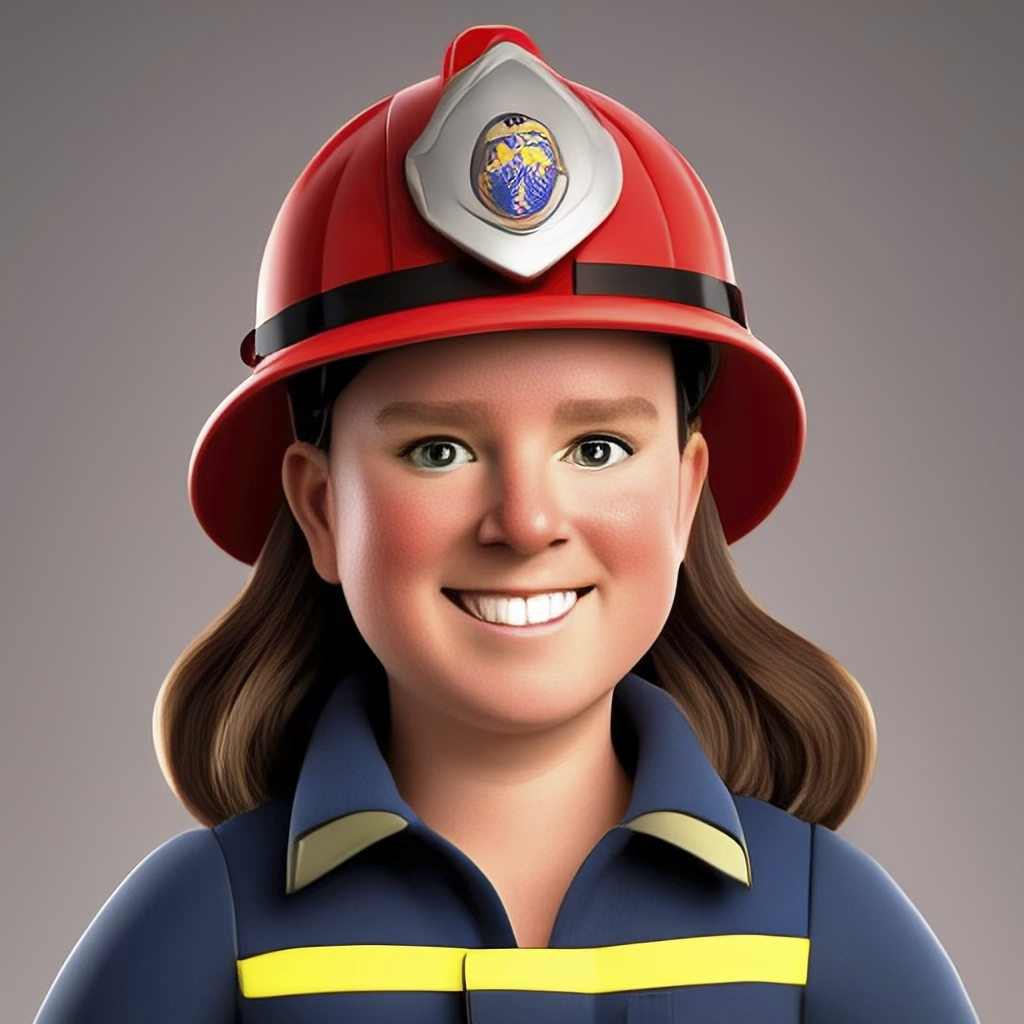There’s something in the air today—maybe it’s the way the breeze carries the scent of warm pine and worn wood, or the low, lingering dust hanging in the air like a ghost of someone you used to know. I cracked open the bedroom window and just stood there for a moment, barefoot on the floorboards, inhaling the unmistakable scent of summer camp with its arms around rebellion. And just like that, I was sixteen again. A girl with a Walkman in one hand and a pencil-sketched diary in the other.
God, I miss the ’90s.
Not because everything was good—it wasn’t. But it made sense. There was a rhythm to life then, one I could actually follow without tripping over the tempo. You didn’t need to have a brand. You didn’t need to file your trauma under hashtags or debate your gender identity through the opinions of strangers who never even learned how to talk to someone in person. Back then, it was enough just to be. Just to exist—complicated, messy, real.
You could be a girl with duct tape on your boots and no answers in your mouth, and that was enough.
I remember when the internet felt like sneaking into a hidden backroom—like a basement you weren’t supposed to be in but found anyway, full of static and dial tones and strange little windows into other people’s truths. Now it’s a goddamn glass lobby with cameras in every corner and a million people screaming across every echoing surface. Back then, if you wanted to talk about something hard, you’d look your friend in the eye and say it. Or you’d scribble it down in ink and fold it like a secret. You didn’t need a platform to survive. Just a notebook, and maybe a camera.
And the music? Jesus. The music was oxygen.
Sarah McLachlan cracked me open with a piano key. Counting Crows made my sadness feel like scripture. R.E.M. handed me language for what I hadn’t figured out yet. And the Indigo Girls? They were my church. Two women harmonizing about truth and longing and the quiet courage of staying who you are. I never needed a sermon—I had Closer to Fine.
We didn’t consume music back then. We lived inside it. We put it on mixtapes for the people who mattered. We played it through tiny plastic speakers and felt it vibrate in our bones like it had been written just for us. There was no nostalgia in it—it was the present. It was everything. It still is.
What I remember most about the ’90s—besides the music, besides the incense and the denim and the stolen hours spent writing poetry by flashlight—is that it was the last time I felt like the world knew how to hold me. Before it all fractured. Before I had to defend every piece of myself from being dissected, renamed, or questioned.
Back then, I didn’t need to explain why I existed. I just did. I was intersex. Female. A romantic. Lesbian, and queer as all hell.. A girl with calloused hands and a defiant mouth. And even when no one else knew what to do with me, I did.
That decade made space for girls like me—girls who didn’t have the words yet, but had the fire. Who didn’t know how to blend in, and didn’t give a damn. We were allowed to be outsiders without needing to justify it. No thesis. No diagnosis. No content strategy. Just us.
I wasn’t trying to be understood. I was the understanding. I was the story. And maybe that’s what I miss the most—the way everything felt like a story instead of a transaction. Pain didn’t need a filter. Love didn’t need a label. Identity wasn’t a fight. It just was.
And now, when I queue up that playlist—when those songs start to play and the windows are open and the room smells like sun and memory—I don’t feel stuck in the past. I feel like I’ve returned to something holy. A sacred echo.
The girl I was at sixteen didn’t need to become me. She already was me. And I’ll spend the rest of my life honoring her—writing like she did, with a rawness that doesn’t ask for permission. Loving the way she loved—quietly, fiercely, with no apologies. Living the way she dreamed—out loud, off-grid, utterly true.
The world may not make sense anymore. But I still do—










Leave a Reply